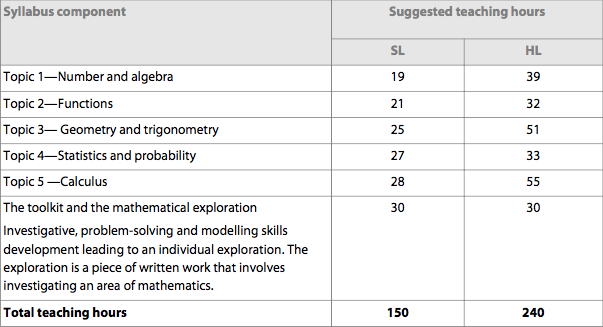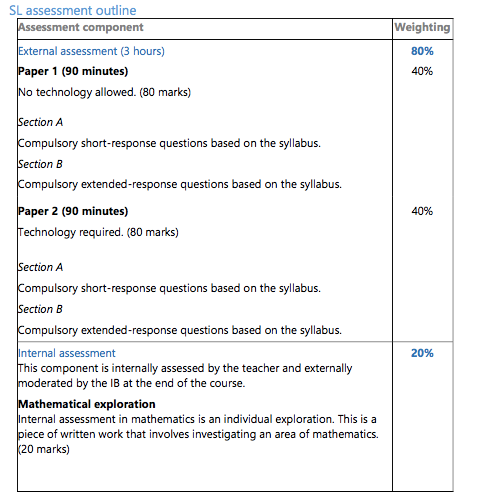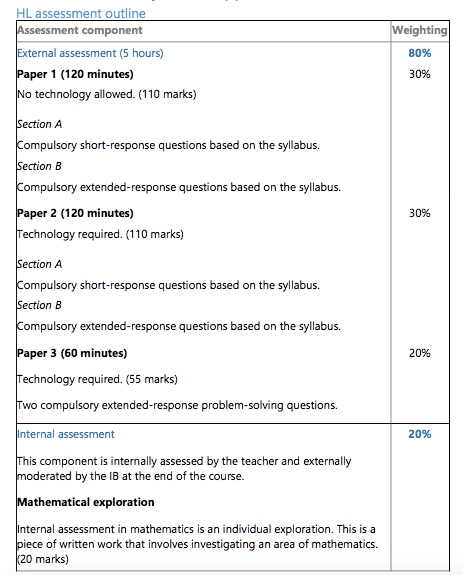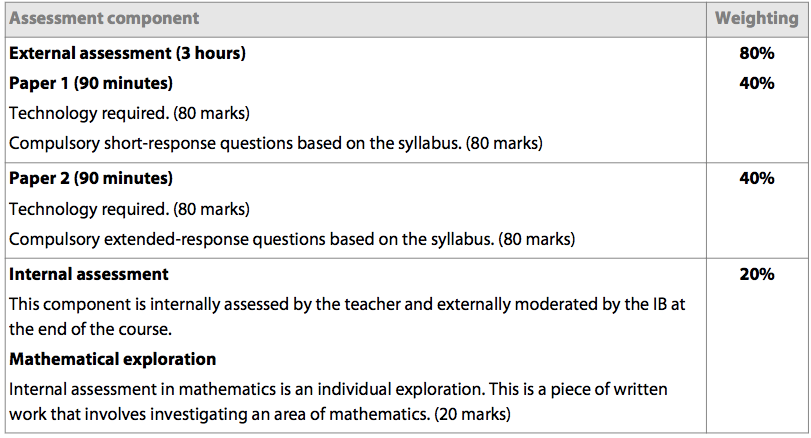Theatre Arts
Course Description
The Diploma Programme theatre course is designed to encourage students to examine theatre in its diversity of forms around the world. This may be achieved through a critical study of the theory, history and culture of theatre, and will find expression through work shopping, devised work or scripted performance. Students will come to understand that the act of imagining, creating, presenting and critically reflecting on theatre in its past and present contexts embodies the individual and social need to investigate. Theatre is a composite art that is forever evolving in new forms. It nourishes, sustains and extends the human spirit. It is a means of exploring society and relationships within it. Through it, there may emerge possibilities for individual and communal understanding. Theatre is about transformation. It is the application, through play, of energy and imagination to frame, reflect, expose, critique and speculate.
These activities should engage and develop the sensibilities of all the students who participate in them.
By studying theatre, and engaging with it practically, students will discover how elusive, fascinating and varied theatre can be.
At the core of the theatre course lies a concern with clarity of understanding, critical thinking, reflective analysis, effective involvement and imaginative synthesis—all of which should be achieved through practical engagement in theatre.
Course Aims & Objectives
The guide aims offer the broad goals of the course. The aims focus on:
- individual experiences and collaborative participation in a variety of theatre activities, practices and traditions
- development of personal, academic, aesthetic and practical theatre skills
- an understanding of the holistic nature of theatre.
The course objectives give insight into those areas that will be assessed. An effective course must create opportunities for the student to acquire the following identified qualities:
- knowledge of theatrical traditions from more than one culture and, possibly, time
- engagement with theatre performance and technical production
- analytical and imaginative interpretation of performance material
- application of research
- reflection on personal growth in theatre
- initiative and perseverance in both individual and group projects.
The HL student must also have the opportunity in the created course to investigate the nature of the relationship between theory and practice and engage with these findings
Course Content | Syllabus Outline
As part of the core syllabus, students will be expected to:
[as Director, Designer, Actor, and Spectator]
|
Syllabus Component |
Theatre in Context |
Theatre Processes |
Presenting Theatre |
|
Examining a Play text |
Research and examine the theoretical/cultural/personal context of at least 1 play. |
Examine at least 1 play text through practical work. |
Take part in the production of a play text to an audience. |
|
Creating Original Theatre |
Research at least 1 starting point and explore it through practical work. |
Respond to at least 1 stimuli and engage with the process of making an original theatre piece. |
Take part in the production of an original piece to an audience. |
|
Exploring Performance Practices from around the world |
Research and examine the theoretical/cultural/personal context of at least 2 contrasting performance practices from around the world. |
Examine at least 2 contrasting performance practices from around the world through practical work. |
Take part in a practical presentation of 1 theatre practice to others. |
|
HL only Theatre Theory in Practice |
Research and examine the theoretical/cultural/personal context of at least 1 unfamiliar theatre theorist. |
Study the process of practically exploring theatre theory and applying it to performance work. |
Take part in a practical solo performance of a piece of work inspired by the theories of others. |
Exams
|
Syllabus Component |
Combining all they have learned from Theatre in Context, Theatre Processes and Presenting Theatre units: |
|
Examining a Play text |
Produce a Director's Notebook (20-30 pages) which explores the proposed staging of a published play text of their choice. It should include research into the cultural and theoretical context of the play. Include a 300 word description of their vision and directorial interpretation. |
|
Creating Original Theatre |
Take part in a Collaborative Theatre Project, creating an original piece of theatre from a stimulus. Submit a process portfolio (15-20 pages) to show how they have worked with others and what their contribution was. Include a 5-6 minutes unedited video recording and written commentary (400-500 words). |
|
Exploring Performance Practices from around the world |
Give a presentation on their Practical Research into Performance which includes a live 13-15 minute presentation about an unfamiliar practice from the perspective of performer and include a list of sources. |
|
HL only Theatre Theory in Practice |
At HL create and present a performance informed by a theatre theorist and an element of their theory. The Theatre Theory in Practice assessment includes a process portfolio (7-10 pages), a 5-10 minutes unedited videorecording of the performance and a written analysis of the selected recording (750-1000 words) |
Course Requirements
Journal: Students at both HL and SL should keep a journal from the outset of the course. This is the student’s own record, charting development, challenges and achievements, and, as such, students are free to determine what form it should take (written, audio and/or visual). The aim of the journal is to support and nurture development and reflection, and it is expected that much of the students’ assessed work will emerge from it. Students should also be encouraged to explore connections between different areas of learning throughout the course. The journal should reflect the sensibility of individual students, and will contain their responses to the different areas of learning, it should be regarded as a fundamental activity of the course. The journal is checked and assessed in the end of each semester.
Performances:
Students are required to participate at -at least- three performances working from a different perspective in each one (acting, directing, set or costume design, lighting, sound or music, stage and production management. All the different stages of the production process should be recorded at the portfolio (rehearsals, performance and reflection) having always in mind to analyse, reflect and synthesise, not just to record. The third performance can always be a production outside the strict boundaries of the course (ie Drama Club or any other theatre group in town) as long as it is properly documented in the journal.
Although artistic excellence (talent?!) is not directly graded -only through the Journal- during the practical work students are required to demonstrate:
- Time management skills
- Self discipline
- Co-operation, collaboration and processes of constructive and creative discussion, self-assessment and criticism
- Preparation outside rehearsals
- Acquisition and development of skills
- Flair and imagination
- Attention to detail
- Effective time-management, organisation and efficiency, appropriate documentation of process
Failure to any of the above criteria can result to a low mark as a penalty.
External Productions: Students are encourage to see at least 4 (2 for each year) external performances. These performances should be properly recorded at the Journal and after the 2nd term connected with the theory.
Class presentations & Class participation: Needless to say that students are encouraged to participate during the class and to be prepared to do at least one presentation per year.
Group work: Group work is an essential part of IB Theatre Arts. Students need to learn how to work productively with in a group under pressure of time
More




